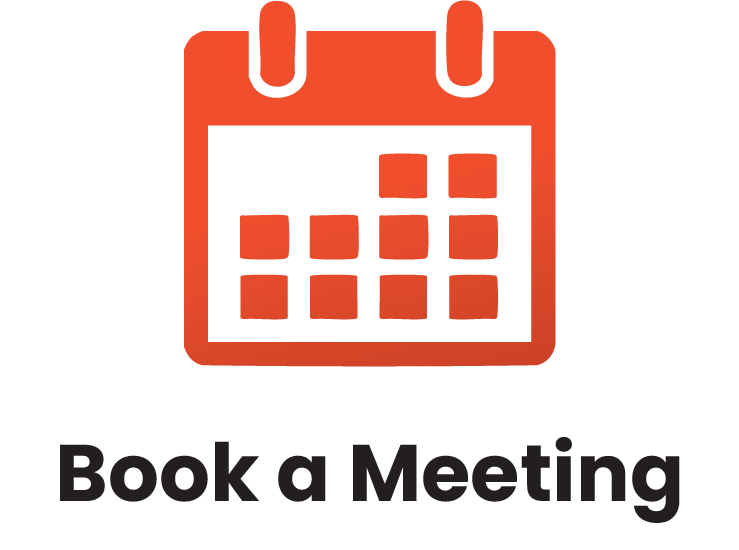
Balanced Scorecard Basics
Over the past several decades, organizations have come to realize that success cannot only be measured in dollars and cents. Intangible assets (like a company’s reputation, the knowledge base created by their employees, and training initiatives) can make up a huge portion of a company’s wealth.
It only makes sense, then, that we need a new tool to help us measure this expanded definition of success. Enter the balanced scorecard! This tool and its related components will help your organization identify, document, plan, and execute a balanced strategic mission. It will also help your organization evaluate and revise its strategic execution.
Interactive training sessions led by experienced facilitators.
There is no cost to explore options.
Let's Get Started
Online Learning
Enjoy our self-paced option and learn from anywhere!
$199.00 USD
LEARNING OBJECTIVES
Learning Objectives
This one-day workshop will introduce you to the basics of the balanced scorecard and help you determine if this powerful tool is a good fit for your organization. At the end of this workshop, you will be able to:
- Define what the balanced scorecard is
- Identify the benefits of the scorecard
- Describe the common balanced scorecard pitfalls and how to avoid them
- Determine if the balanced scorecard is right for your organization
- Describe the key elements of the balanced scorecard process
- Identify a strategy map, tactical action plan, and balanced scorecard
- Create a vision statement for the balanced scorecard
- Understand what corporate values, mission statements, and vision statements are and how they tie into the balanced scorecard process
- Identify the components of supporting balanced scorecard plans
- Understand what processes you will need to support the balanced scorecard
- Identify the members of different balanced scorecard teams
Let's Get Started


COURSE OUTLINE
Understanding the Balanced Scorecard
To start the day, participants will learn what the balanced scorecard is and where it originated from. Participants will also explore what economic changes caused the balanced scorecard to evolve.
The Ingredients for Success
Next, participants will evaluate if the balanced scorecard is a good tool for their organization. Participants will also brainstorm solutions to the top ten issues that cause the balanced scorecard to fail.
Overview of the Balanced Scorecard Process
This session will begin with a flowchart outlining each step of the balanced scorecard process. Participants will also review a sample strategy map, tactical action plan, and scorecard.
Creating a Project Vision Statement
In this session, participants will learn how to craft a vision statement for the balanced scorecard project.
Understanding Organizational Mission, Vision, and Values
This session will look at what a mission statement, vision statement, and value identification list looks like, and how they each fit into the balanced scorecard process. To apply learning points, participants will evaluate what some well-known companies have for these statements.
Plans and Processes to Build
Next, participants will receive checklists for creating training plans, project plans, communication plans, and core processes.
Building Balanced Scorecard Teams
To wrap up the day, participants will learn how to build the three most common types of balanced scorecard teams: an executive team, a steering team, and strategic theme teams.















